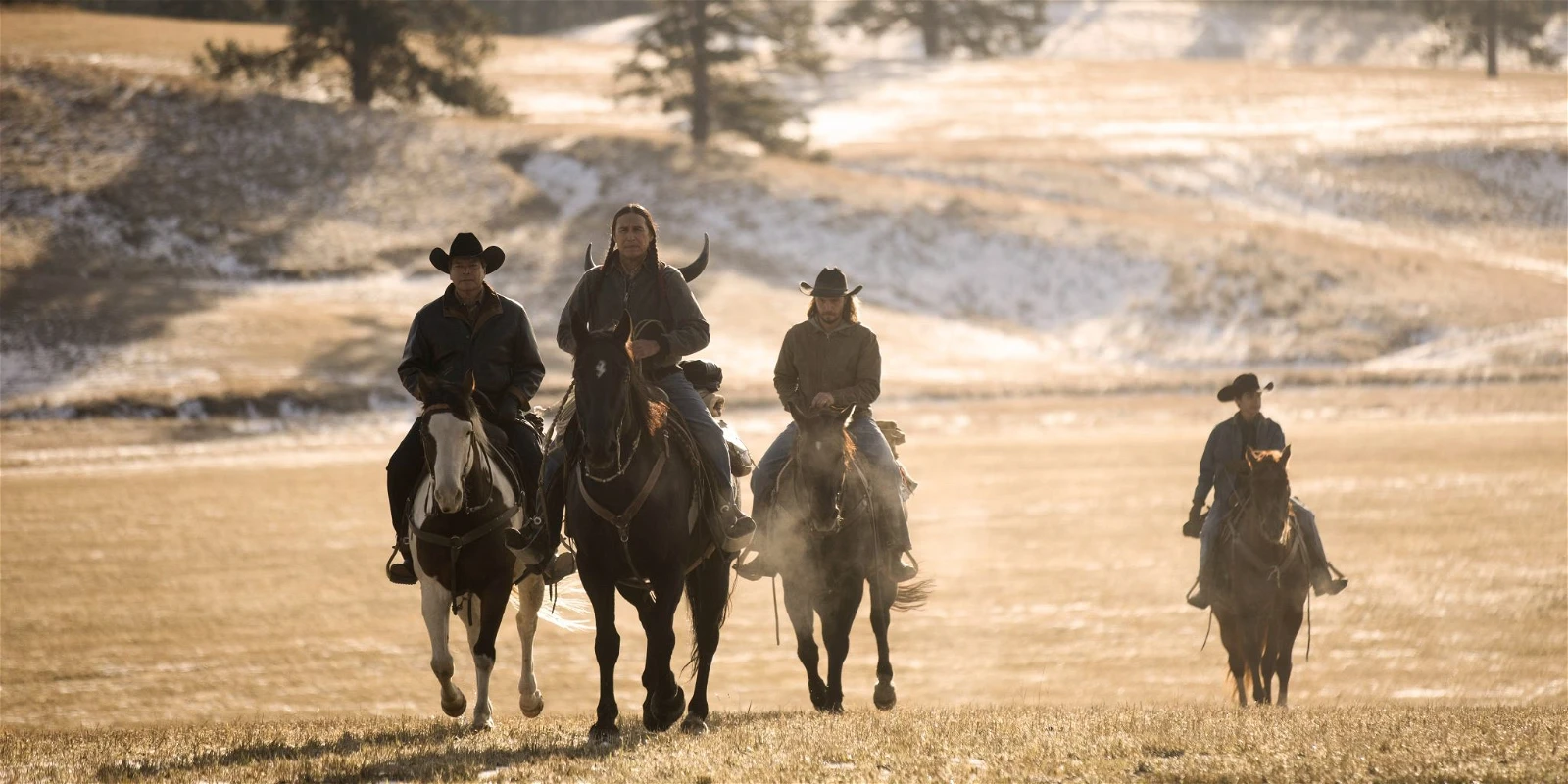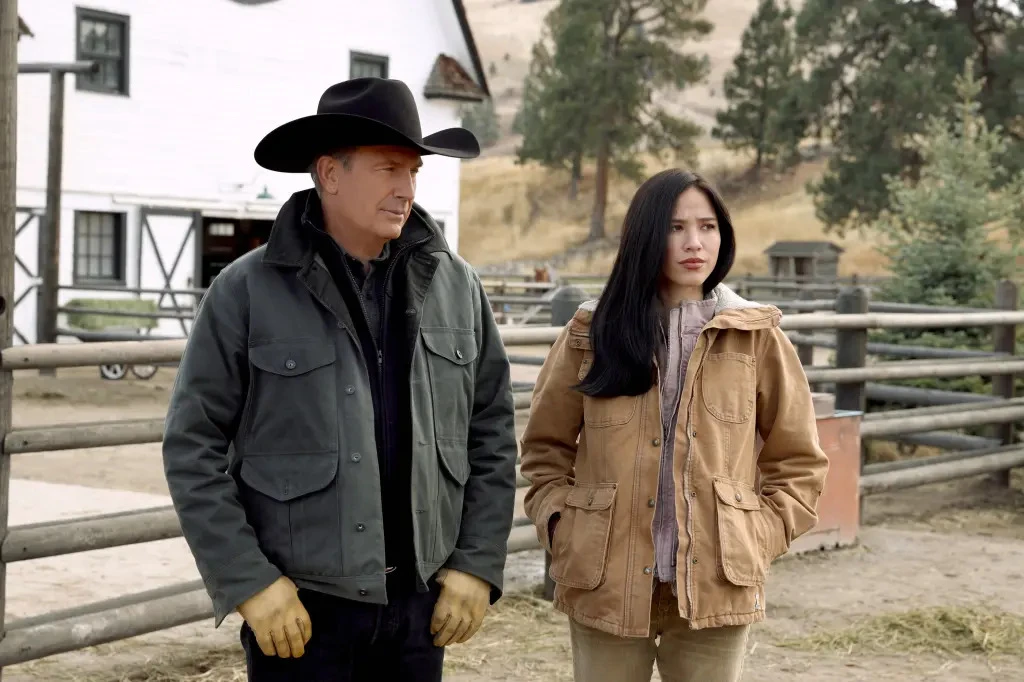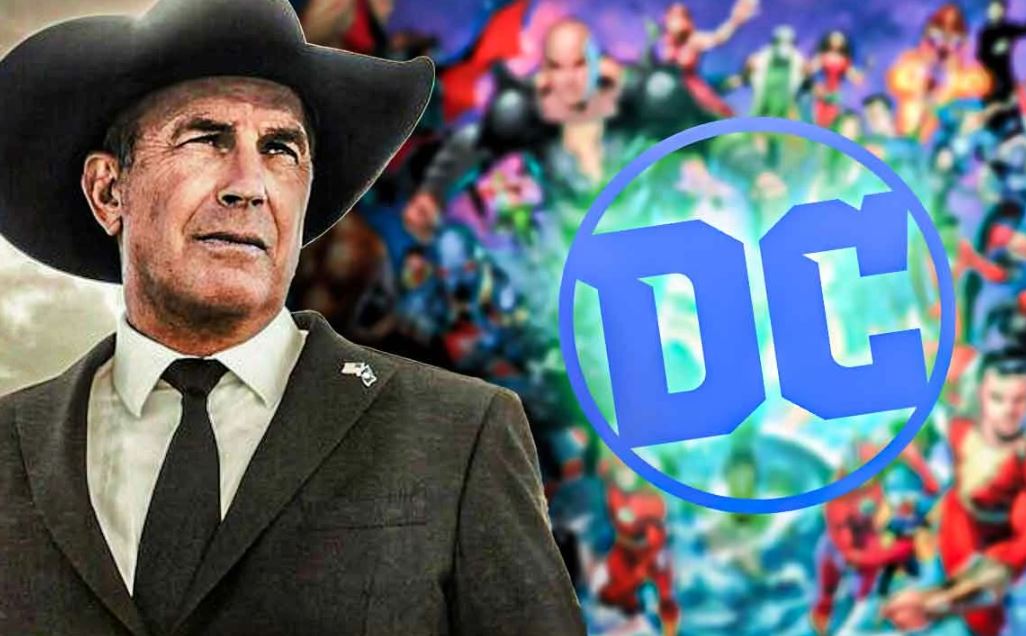Despite the overarching subjects of societal issues, intercultural politics, and a focus on the Native Indian community, Yellowstone commits treachery in its representation of the minority that even its most ardent supporters cannot settle on. With Taylor Sheridan’s excellent world-building as a central arc of the story, the series takes shape around 3 pillars of the community: the white foreigner, the indigenous tribe, and the capitalist exploiters who prey equally on both.
Sheridan has been one of Hollywood’s most ruthless and instinctively offensive spokespersons of the societal injustice, prejudice, and bigotry that pollutes the social culture of today. By speaking out through his work, the creative writer-director has stepped over a line many in his position would fear to cross. But despite Sheridan’s attempts at representation, one miscalculation during the casting process now makes fans question his commitment to the story that he is trying to tell.
DC Star Calls Out Yellowstone for Minority Misrepresentation
After Wind River, Taylor Sheridan‘s strong voice and critical insight found a way to shed light on the overlooked and underrepresented community of Native Americans through Yellowstone. With each episode ratcheting the tension between the Dutton ranch and the Broken Rock tribe, the audience is left asking for more while also comprehending the trivial ways in which the Native minority remains oppressed even to this day.

However, even before delving into the series storyline, one Suicide Squad star, Adam Beach, took to Instagram to reveal a shady side to the auditioning process of the Paramount series that launched a debate across various circles in society. Referring to Kelsey Asbille who plays Monica Dutton and identifies in real-life as part European, part Chinese, and part Cherokee, he claimed:
Failure of diversity. I’m asking my Native actors to stay away from this project. Yellowstone is telling the world that there are no Native actresses capable of leading a TV show. Unless your great-great-great grandparents are Cherokee.
Further speaking to Deadline, Beach elaborated on the problematic casting of Yellowstone by saying:
Being Native is more than claiming your great-great-grandmother was a Cherokee princess… It’s more than a last-minute bullet point on your resume or Wikipedia page to qualify you for a role you wouldn’t otherwise receive. Incidentally, claiming Native ancestry without proof makes one a fraud. Only a Native knows what it is to be Native, because they have the life experience to show it, in all its nuanced complexities.
The pointed and harsh criticism of the actress playing Monica Dutton then was supported by the Eastern Band of Cherokee Indians, who Asbille publicly identified as her ancestral heritage. A representative of the community expressly stated that no documentation or record has been found that can support Asbille’s claims and that she has never been an enrolled member of the tribe.
Kelsey Asbille’s Heritage Launches Widespread Debate

Adam Beach’s refusal to recognize Kelsey Asbille as part-Native picked up enough steam within various factions to then launch a full-scale narrative on her heritage and ancestry. Despite publicly identifying as descending from the Cherokee, Kelsey Asbille also conceded in a New York Times story that she “did not grow up in an Indigenous community.”
However, to provide a solution to the problem at hand, the Chair of the SAG-AFTRA National Native Americans Committee, DeLanna Studi succinctly explained [via Buzzfeed]:
If it was more of a level playing field — where our Native actors were being cast as leads in How to Get Away With Murder or Grey’s Anatomy, where they can just be a human being — then there wouldn’t be this need for us to be protective of the roles that are just for us.
I see moments like this [in Yellowstone] as opportunities for us to have these conversations and to present to the industry the different resources that are available to them… Did they mess up? They did. Can they fix it? Yes, they can. And we have to be willing to help them fix it.
By helping to progress the conversation and steer the dialogue to the heart of the problem, DeLanna Studi helps to clear a path for future filmmakers from committing the same mistake twice. However, despite the attempts at mediation and lessons learned, there will remain a huge divide between talking the talk and walking the walk when a majority of Hollywood still remains inattentive to the stories based on the Native American community.
